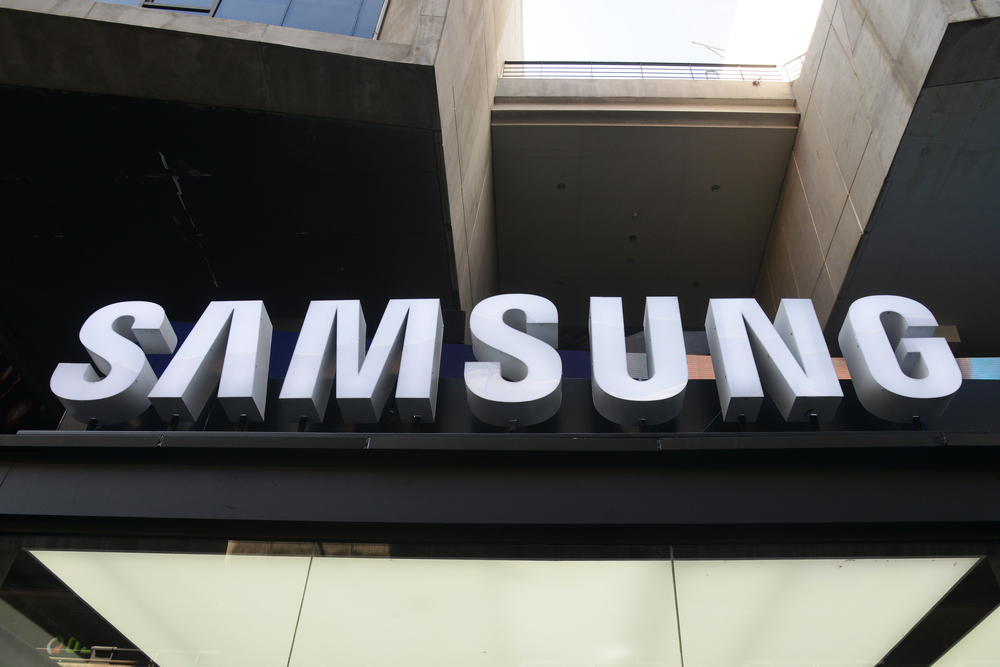Gartner: Samsung Will Lose the Semiconductor Throne
Reigns never last forever. Intel led the semiconductor market for more than 20 years before Samsung dethroned it in 2017. But soon enough it will be Samsung's turn to cede its seat atop the market, according to a recent Gartner report, which said the company's lead over Intel is tenuous.
Gartner said global semiconductor revenue grew 12.5 percent between 2017 and 2018 to reach $474.6 billion. That might seem like good news--and it's certainly better than declining revenues--but the semiconductor market grew 21.9 percent the previous year. Why such a drastic fall? Because of a much larger drop in memory growth. That market grew 61.8 percent between 2016 and 2017; it grew just 24.9 percent from 2017 to 2018.
This falloff in memory growth hardly comes as a surprise. Researchers have banged the drum of downturns in the DRAM market since early 2018. DRAMeXchange said in March that prices were falling the fastest they had since 2011. IHS Markit said the DRAM market would decline 22 percent year-over-year in 2019. Memory companies have had to reduce production in an attempt to stabilize their prices and mitigate oversupply problems.
That's all bad news for Samsung. The company issued an unprecedented earnings warning in March after declining smartphone and memory demand made it miss expectations. Samsung continues to invest in new memory technologies, along with the factories needed to make them, but that seems more like a bet that the memory market will rebound long-term than an attempt to stop the bleeding in the short term.
“Samsung’s lead is literally built on sand, in the form of memory silicon, and those shifting sands in 2019 will almost certainly lead to Samsung losing its [number] 1 semiconductor crown to Intel in 2019,” Gartner research vice president Andrew Norwood said in the report. He added that 88 percent of Samsung's revenues come from the DRAM market, so a decline in that market is a massive setback.
Intel has its own challenges. Its ongoing processor shortage has had a ripple effect throughout much of the computing industry, and manufacturers have started to turn to AMD for some of their CPU needs. Yet, IC Insights also predicted in March that a 1 percent increase to its memory revenue would be enough for it to reclaim the throne from Samsung, which the firm expected to see a 20 percent or more decline in its memory revenue.
Get Tom's Hardware's best news and in-depth reviews, straight to your inbox.

Nathaniel Mott is a freelance news and features writer for Tom's Hardware US, covering breaking news, security, and the silliest aspects of the tech industry.
